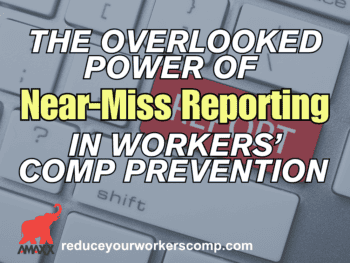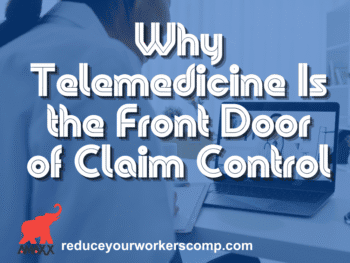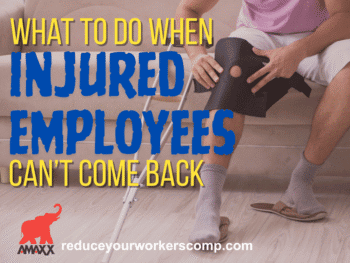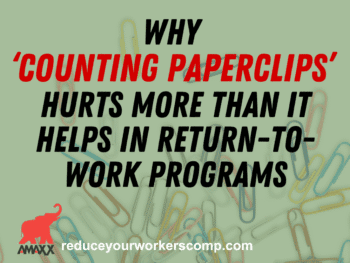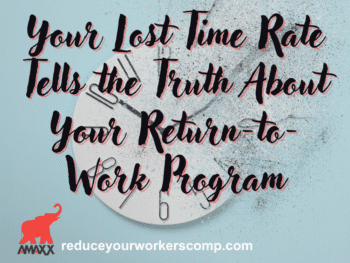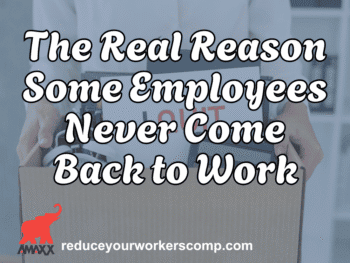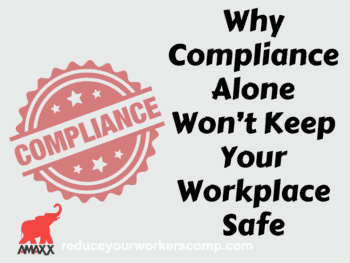Many workers will soon be able to remain at work, or return quicker after an injury, following the introduction of ACC’s Better@Work program through a new partnership with west Auckland’s HealthWEST PHO (Primary Health Organization) and Hawkes Bay PHO.
Officials say the result will be enhanced patient care from general practitioners (GPs), faster and more effective rehabilitation of injured workers and the retention of workplace skills and productive labor for employers.
Over the past year, Better@Work was successfully deployed at Lake Taupo PHO, with the result that ACC is now actively rolling out the trial program to a selected group of larger PHOs, including HealthWEST and Hawkes Bay PHO. In 2010, the program will be further rolled out to more PHOs. The benefits of Better@Work arise from the program’s collaborative working arrangements, which bring together all parties interested in enabling the client to rehabilitate at work.
This happens through the “brokering” activities of the Better@Work coordinators employed by the PHO. They bring workers, GPs and employers together to plan a safe stay at, or return to, employment. They manage the process, and make it easy to identify clients’ abilities rather than their disabilities, and provide support to enable them to safely and productively rehabilitate at work.
Depending on need, their return to work plans could include initiatives such as identifying and enabling alternative duties at work, providing workplace supports and treatment, and finding ways for the worker to remain in touch with the workplace when they can’t rehabilitate at work.
The program is evidence-based. A growing body of local and international research shows workplace rehabilitation provides clinical, social and financial benefits for injured workers, and ACC is partnering with PHOs to ensure it can deliver these benefits to clients enrolled in PHOs.
Staying out of work can be dangerous to one’s health as research shows:
1. Suicide in young men, out of work six or more months increased 40 fold. (Wessely, 2004).
2. The suicide rate is six times higher for a person out of work over a long-term period. (Bartley et al, 2005)
3. The out-of-work risk to health and associated impact on decreased life expectancy is more than many “killer” diseases. (Waddell & Aylward, 2005)
4. Staying out of work creates a greater risk than some of the most dangerous jobs – such as construction and operating in North Sea industrial sites. (Aylward, 2007)
5. Injuries heal faster in the workplace.
Over time, the Better@Work program will foster a cultural change in the way general practitioners think about returning injured workers to work and how employers think about keeping injured workers productively involved in their workplaces. This will reportedly result in fewer workers being certified as fully unfit for work because GPs will have the confidence that the Better@Work coordinator, the worker and the employer will work together to ensure workplace rehabilitation is safely managed. (workersxzcompxzkit)
ACC’s companion service, called Stay at Work, provides a similar service in communities throughout New Zealand. The key difference being that in Better@Work the PHO GPs who offer the program refer claims directly to their Better@Work coordinators, whereas in Stay at Work, ACC refers clients to community-based rehabilitation providers.
Podcast/Webcast: How To Prevent Fraudulent Workers' Compensation Claims Click Here http://www.workerscompkit.com/gallagher/podcast/Fraudulent_Workers_Compensation_Claims/index.php
We accept articles about WC cost containment. Contact us at: Info@WorkersCompKit.com.
WC Calculator: http://www.reduceyourworkerscomp.com/calculator.php
Do not use this information without independent verification. All state laws vary. You should consult with your insurance broker or agent about workers' comp issues.
©2009 Amaxx Risk Solutions, Inc. All rights reserved under International Copyright Law. If you would like permission to reprint this material, contact Info@WorkersCompKit.com


